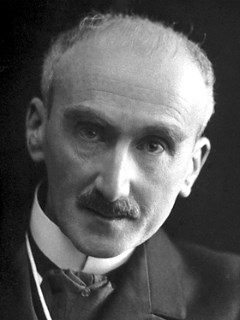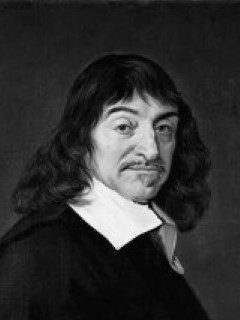
Publication details
Year: 2018
Series: Methodos
Full citation:
, "Descartes, Bergson, and continuous creation", Methodos 18, 2018.


Descartes, Bergson, and continuous creation
in: Alexandre Billon, Édouard Mehl (eds), Usages contemporains de Descartes, Methodos 18, 2018.
Abstract
René Descartes with his theory of continued creation occupies an exceptional place in the philosophy of Henri Bergson: Descartes is subjected to Bergson’s repeated criticism like no other philosopher. Yet, in L’évolution créatrice Bergson appears to oscillate in his criticism of Descartes. Bergson discovers in the theory of continued creation a thought of freedom, of an indeterminate future, which is not far from his own thought of duration. Bergson thus advances a thesis in accordance with which Descartes’ theory of continued creation has two irreconcilable aspects: continued creation and continuous creation. The difference between these two aspects, however, is not just about the choice between a participle and an adjective. The aim of this article is to show how Descartes’ theory of continued creation lends itself to such a double interpretation. While the former aspect originates in Descartes’ project of mechanistic physics, the latter aspect is accessible but from the standpoint of human freedom, as well as Descartes’ critique of finalism. The article thus shows that Descartes’ theory of continued creation constitutes a point of convergence between the questions of mechanism and human freedom, where the latter is an exception to the former. However, the exceptional status of human freedom in Descartes’ philosophy renders Bergson’ thesis about Descartes’ oscillation between two aspects somewhat problematic.
Cited authors
Publication details
Year: 2018
Series: Methodos
Full citation:
, "Descartes, Bergson, and continuous creation", Methodos 18, 2018.


